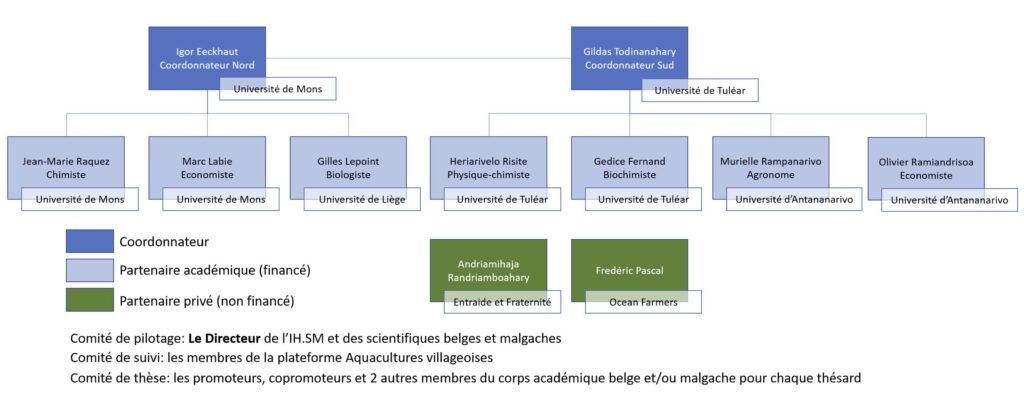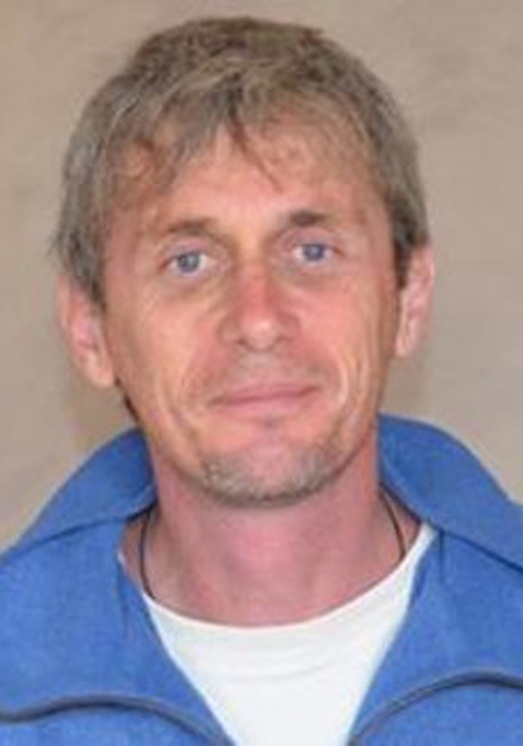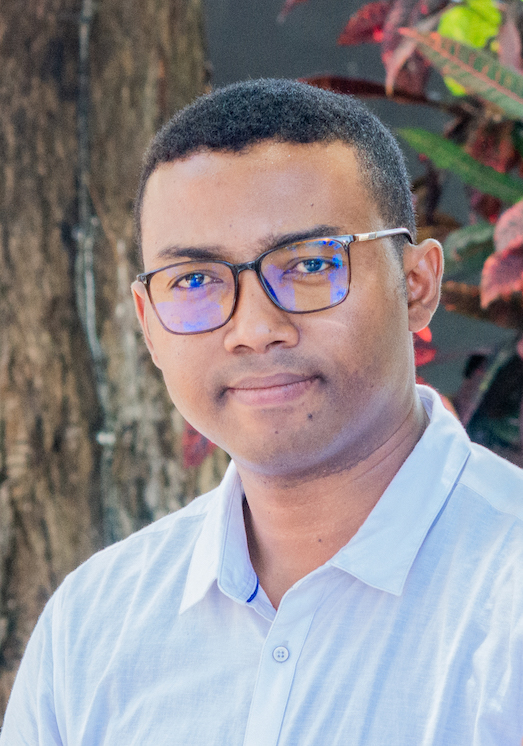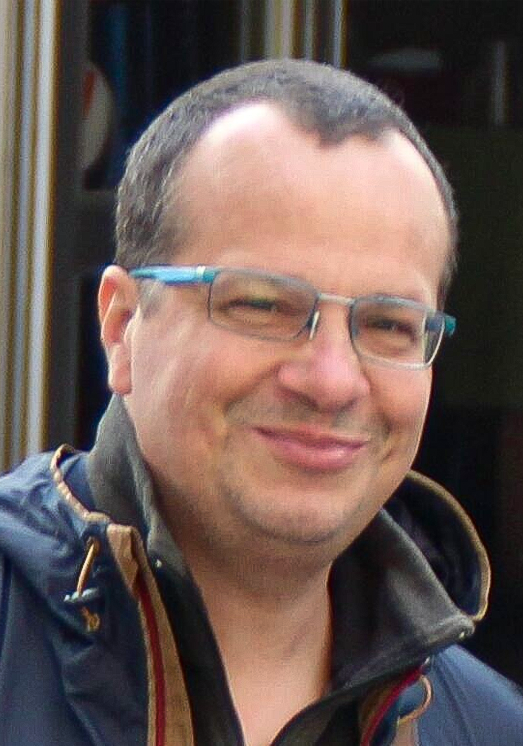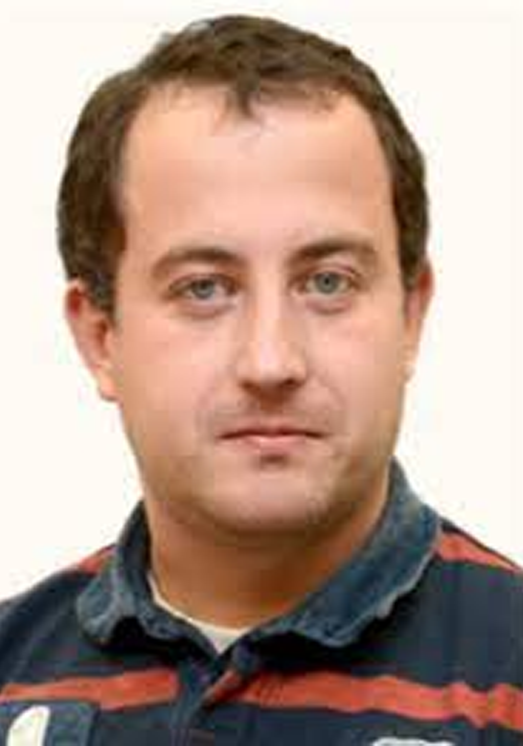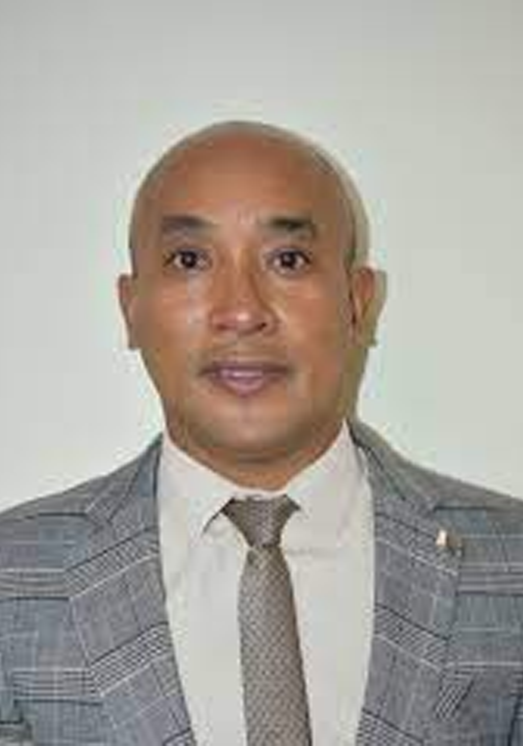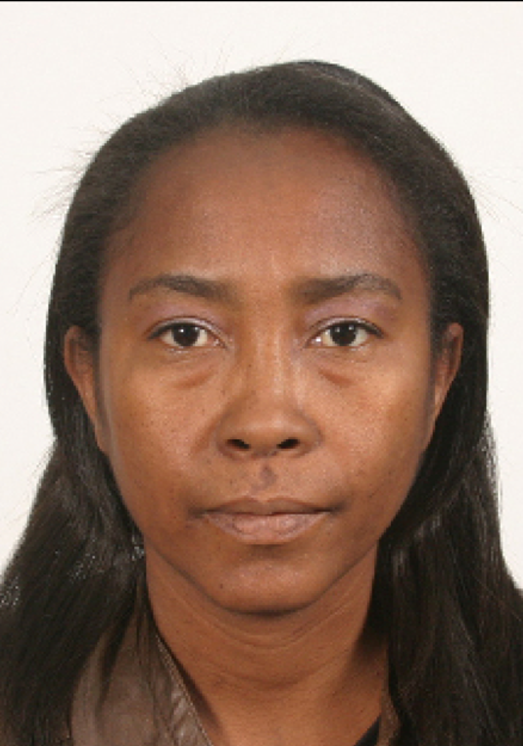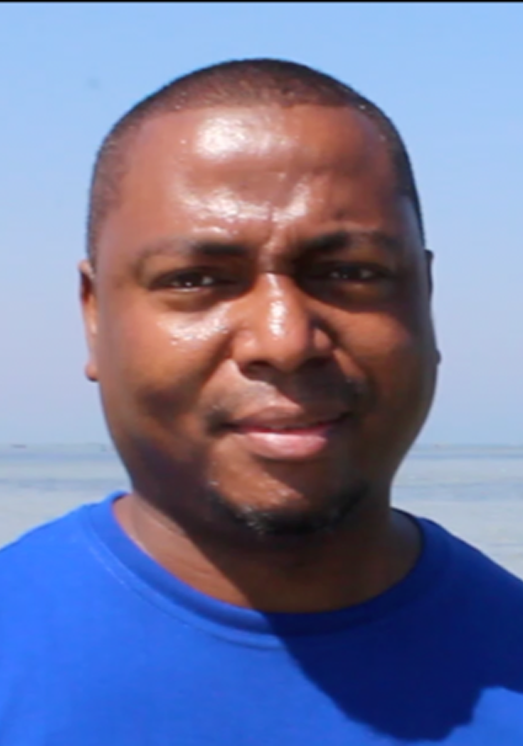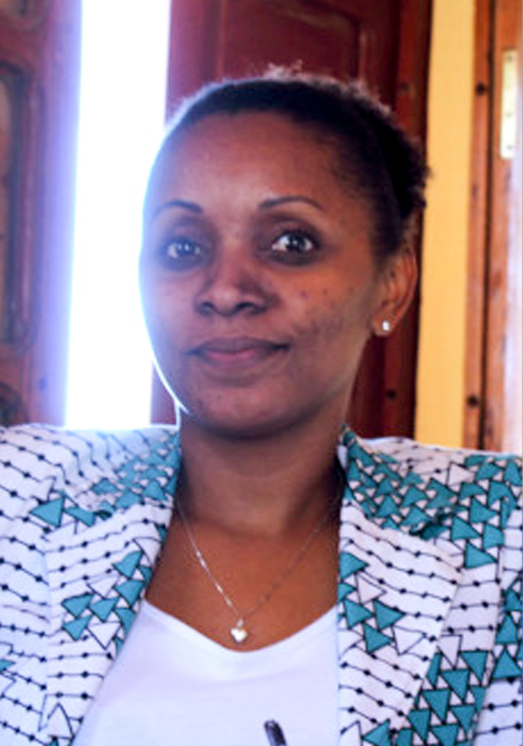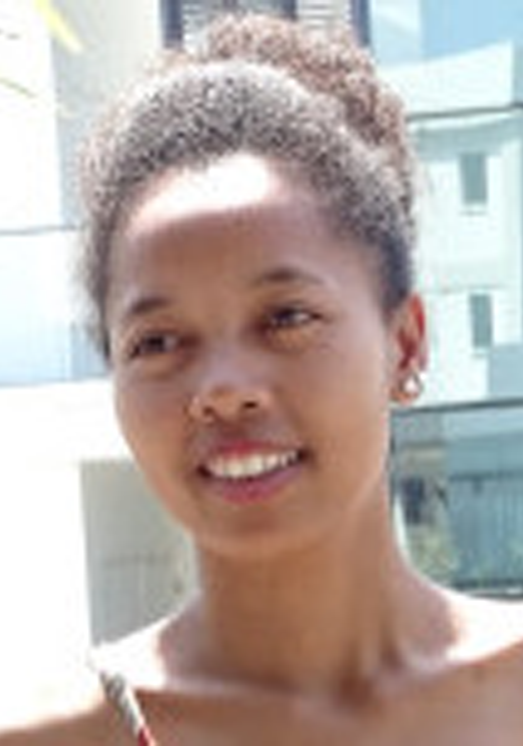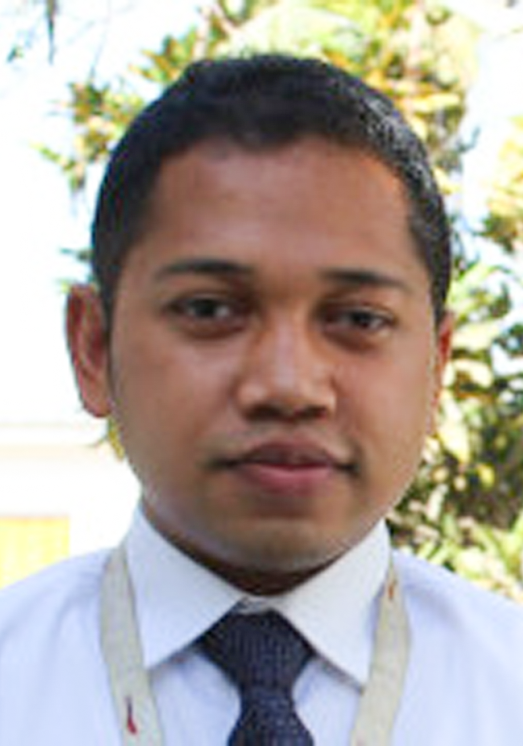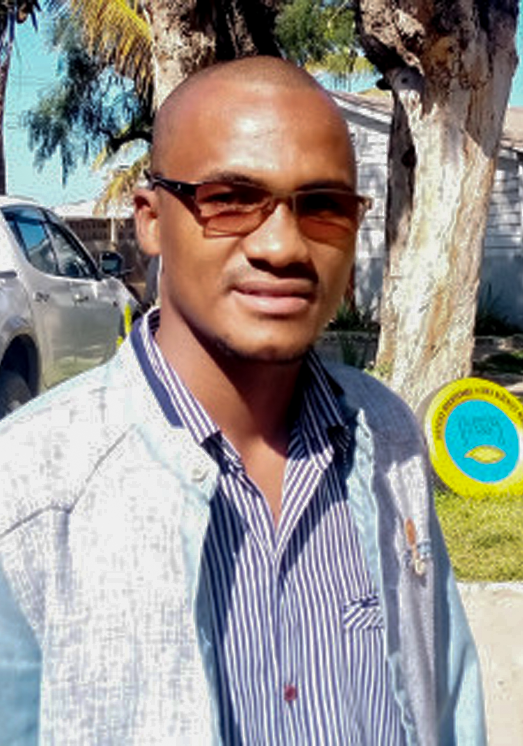The Partner Institutions
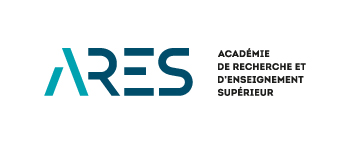
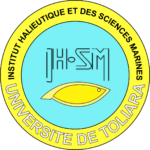
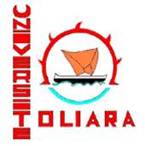
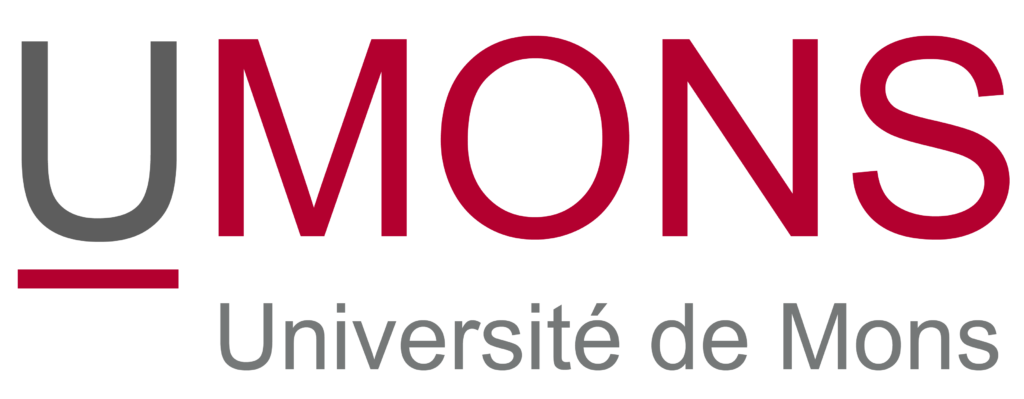
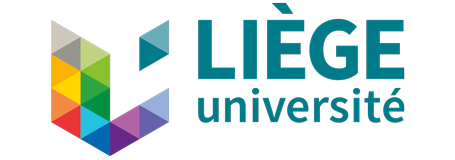


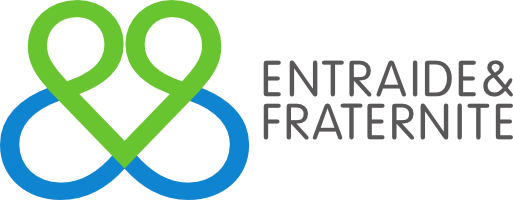
ALGOPLAST: Bioplastic and Village Seaweed Farming in Madagascar
Summary
Madagascar is a developing country where maritime activities play a crucial role in the social and economic lives of its inhabitants. The Malagasy-Belgian team of this project has been one of the key players in the development of innovative village-based aquacultures, including seaweed farming, which has seen an exponential growth over the past ten years, with many villagers becoming seaweed farmers.
The seaweed cultivated in Madagascar is Cottonii, and its production is aimed at export to industrialized countries for the extraction of carrageenans, which are used in the production of food and cosmetic binders. This gives the final product an exclusive and monopolistic character. Seaweed farming remains highly precarious in Madagascar and is severely threatened by the emergence of a disease, Epiphytic Filamentous Algal Disease (EFAD). Once detected, this disease devastates village production within weeks. Our team analyzed this disease in a previous project and found that without a complete halt to production in the affected area, the outbreak becomes inevitable. Currently, there is no way to eradicate this disease, as the causative agent, a microscopic epiphytic algae, spreads in the form of spores in the water and substrates.
Additionally, there is another seaweed found in Malagasy waters, Spinosum, which is not currently used in the carrageenan market as it is much less valuable within that industry. However, this seaweed grows faster and is much more resistant to EFAD.
Objectives
This project aims to assess and test, through a pilot unit in Madagascar, the economic, social, and environmental potential of an innovative activity focused on producing bioplastics, particularly biodegradable bags and mulch films made from the two cultivated seaweeds. This activity would help break the monopoly of Cottonii exploitation for carrageenan production and provide seaweed farmers with an alternative production using Spinosum when facing EFAD.
Additionally, this initiative offers an alternative to petrochemical-based plastics, which continue to pollute the oceans. Considering that the impact of plastic waste on Madagascar’s marine and coastal environment, as well as on marine biodiversity, is not yet fully understood, we have also begun working on assessing plastic pollution in Malagasy waters as part of this research.
The project is funded by the Academy of Research and Higher Education (ARES), Belgium, for a period of five years.
Key Points
ALGOPLAST is a Research for Development Project (PRD) funded by ARES-CCD.
Le projet, porté par le Laboratoire Biologie des Organismes Marins et Biomimétismes, de l’Université de Mons et l’Institut Halieutique et des Sciences Marines, de l’Université de Toliara.
C’est un projet Interuniversitaire impliquant 4 Universités, dont deux malagasy (Université de Toliara et Université d’Antananarivo) et deux Belges (Université de Mons et Université de Liège)
Le projet est mise en œuvre avec des partenaires privés et ONG, notamment la société Ocean Farmers et l’ONG Entraide et Fraternité

